Future markets and consequently world politics will be greatly influenced by these 15 richest countries in the world by natural resources.
As natural resources become scarcer in the upcoming decades, countries that have the greatest reserves will be able to flex their muscles on the world stage and influence events in their favor. This is especially true for the countries with the state-controlled economy, like China, Saudi Arabia, and Russia. It wouldn’t be a first time that any of these use their supply of commodities to force other countries to agree to their point of view like Russia has been doing to Ukraine and Eastern Europe for years with their natural gas.
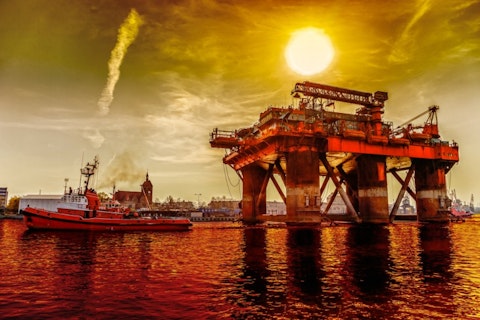
Nightman1965/Shutterstock.com
Holding countries hostages over resources in order to achieve political goals is nothing (the United States did it to Japan, trying to force them to abandon their war to China in 1938 and we all know how that ended), but as the resources become more scarce, this practice will only increase in the future.
The fact that country is rich in resources doesn’t necessarily mean that its citizens will be rich as well. Although there is some correlation between this list and the list of the richest countries in the world by 2017 GDP, many countries with most natural resources in Africa are struggling to capitalize their deposits. In fact, some of the richest countries in the world are countries with least natural resources. It also seems to be easier for countries with a small population to tap into their resources, something countries with most natural resources per capita seem to struggle with.
In order to rank richest countries in the world by natural resources, we have consulted several sources such as 247 Wall Street and Insider Monkey’s article on countries that produce the most crude oil in the world, for the information on oil, natural gas, and timber reserves, and Business Insider for metal and ore deposits. These cover almost all of the top 10 natural resources in the world. The important thing to bear in mind when reading the list is that prices of resources are constantly changing and that projections on deposits are also re-evaluated routinely. Add in the fact that new deposits are being discovered and it is easy to see why some figure may be outdated and why countries natural resources ranking can be tricky.
15. India
Metal & ore reserves: $296 billion
Total worth of natural resources: $296 billion
India’s natural resources wealth is mainly comprised of ores, iron, zinc, and bauxite, to be precise. It does have some oil reserves, but it isn’t among top 20 countries in that category.
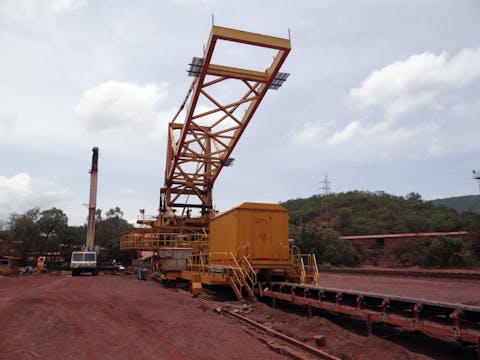
Pixabay/Public Domain
14. Peru
Metal & ore reserves: $328 billion
Total worth of natural resources: $328 billion
South American countries are usually rich in resources and the first of them on our list of richest countries in the world by natural resources is Peru. With more than $328 billion in confirmed ore deposits (copper, gold, and zinc,) Peru seems to have foundations for a solid economy.

Pixabay/Public Domain
13. Ukraine
Metal & ore reserves: $516 billion
Total worth of natural resources: $516 billion
We are continuing our list of richest countries in the world by natural resources with Ukraine, which is a very rich country when it comes to iron ore and potash. Unfortunately, a majority of those deposits lie in Eastern Ukraine, currently a scene of bitter fighting between Ukraine security forces and Russia-backed rebels. Whatever the outcome of that struggle, it will take years, if not decades, to fully exploit those resources.

Pixabay/Public Domain
12. Chile
Metal & ore reserves: $661 billion
Total worth of natural resources: $661 billion
Chile’s reserves of copper seem impressive at first glance, but the trouble is that copper has been historically one of the most volatile resources when it comes to market value. The price keeps bouncing between extremes, depending on the demand and new deposits being discovered. Fortunately for Chile, the country also has significant gold deposits which can be tapped.
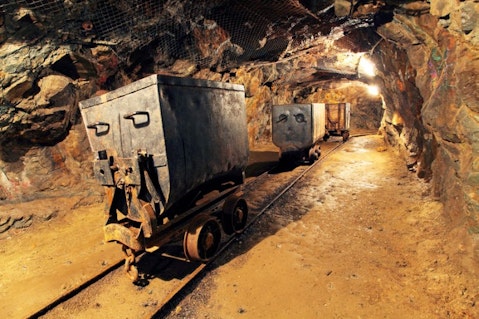
Copyright: tomas1111 / 123RF Stock Photo
11. Kazakhstan
Metal & ore reserves: $292 billion
Oil reserves: $2.275 trillion
Natural gas reserves: $170 billion
Coal reserves: 1.1 trillion
Total worth of natural resources: $3.837 trillion
The former Soviet republic seems to have it all, oil, natural gas, coal, iron, copper, zinc, and bauxite. The country which ranks 11th on our list of richest countries in the world by natural resources, also serves as a major natural gas hub for pipelines connecting Russia and China. But despite all that wealth, their citizens are yet to feel the benefits. It would seem that resources course isn’t limited to Africa only.
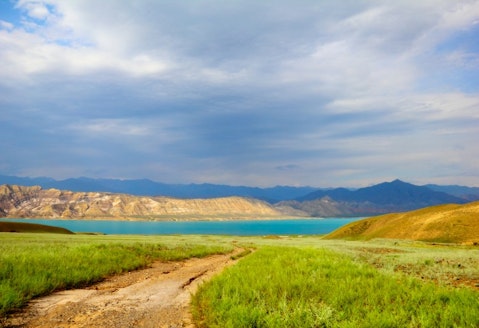
Natalia Davidovich/Shutterstock.com
10. Venezuela
Oil reserves: $14,3 trillion
Total worth of natural resources: $14,3 trillion
Venezuela’s recent troubles seem to be all connected to its rich oil reserves. Its government is unsuccessfully trying to kick-start production after nationalizing oil fields from foreign companies, but its efforts are failing. The latest news say that the country is now seeking Russian help in umping up much-needed oil exports in order to stave off bankruptcy.
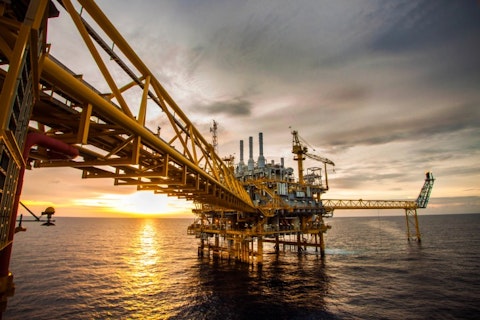
curraheeshutter/Shutterstock.com
9. Iraq
Oil reserves: $13.6 trillion
Natural gas reserves: $1.3 trillion
Total worth of natural resources: $15.9 trillion
Iraq ranks 9th on our list of richest countries in the world by natural resources. It is a country devastated by wars, and it will take years if any benefits of its oil deposits are to be felt. A vast majority of its oil fields have been destroyed in two Gulf wars, plus ISIS insurgency crippled what was left of its oil production. To complicate things further, oil deposits mainly lie in Kurdish-controlled territories, forcing the government to reach an agreement before starting exploitation.
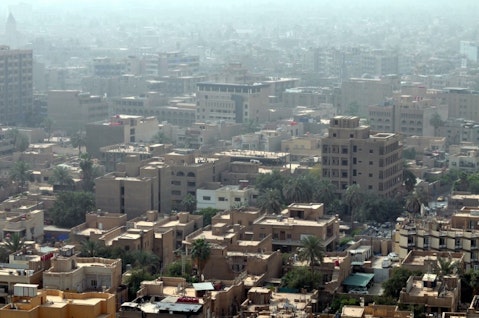
Frontpage/Shutterstock.com
8. Australia
Metal & ore reserves: $1.5 trillion
Timber reserves: $5.3 trillion
Total worth of natural resources: $21,488
14.3% of world’s gold production comes from Australia. If you think that’s a lot, the country also supplies more than 40% of uranium to the global markets. Add offshore natural gas, coal, and timber, and it quickly becomes apparent why Australia is among Richest Countries in The World by Natural Resources.
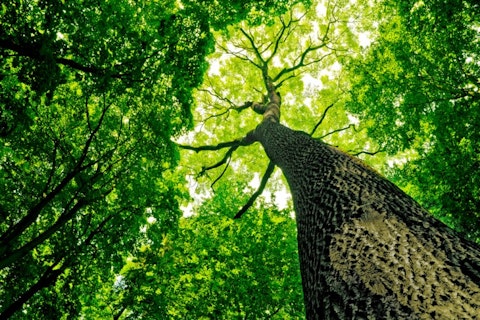
vovan/Shutterstock.com
7. Brazil
Metal & ore reserves: $726 billion
Timber reserves: $17.5 trillion
Total worth of natural resources: $22,526
Iron ore, bauxite, nickel, gold, and potash are some of the most important resources Brazil has. The country also has a world’s most valuable timber reserves, although many would agree that harvesting Amazonia would spell disaster for our already very fragile climate. In fact, some countries, like Norway, pay Brazil not to log rainforest, which seems like a prudent investment.
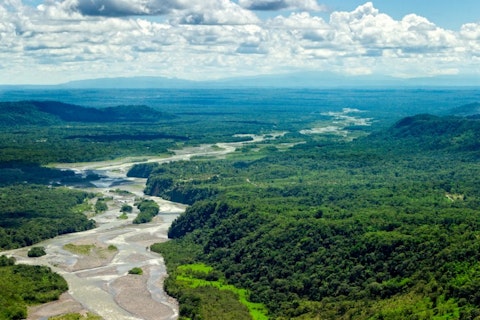
Ammit Jack/Shutterstock.com
6. China
Metal & ore reserves: $717 billion
Timber reserves: $6.5 trillion
Total worth of natural resources: $23,717
The most populous country in the world has its fair share of resources, but due to its huge population, it has been a net importer of them for quite some time. Its ever-expanding economy is always on the lookout for new sources of raw resources it can gobble up, hence its recent investment in Africa. It remains to be seen how long that pace can be maintained.
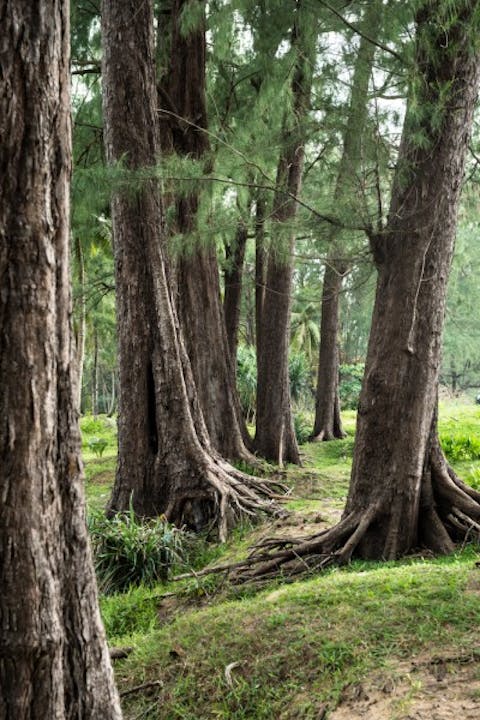
Signature Message/Shutterstock.com
5. Iran
Oil reserves: 16.1 trillion
Natural gas reserves: $11.2 trillion
Total worth of natural resources: $27,300
With economic sanctions finally lifted, Iran is in top gear when it comes to developing its untapped oil and natural gas fields. Years of sanctions have left the country’s oil industry in a serious need of modernization, and the process may take some time, but the effects of Iran’s production on oil markets are already being felt and mostly by their arch-enemies, Saudi Arabia.

Borna_Mirahmadian/Shutterstock.com
4. Canada
Metal & ore reserves: $1,000 billion
Oil reserves: $21 trillion
Timber reserves: $11.3 trillion
Total worth of natural resources: $34.2 trillion
Canada’s oil industry has been experiencing a steady boom since Alberta’s oil fields have been tapped. With the ice receding, it is only a matter of time before northern oil fields, previously trapped under it, will be tapped as well.
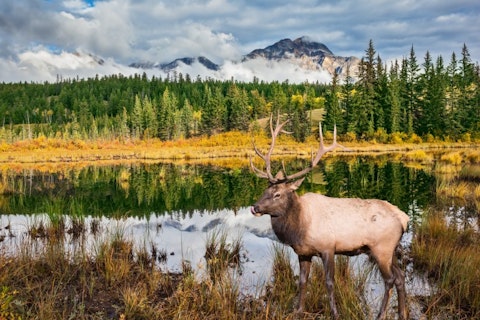
kavram/Shutterstock.com
3. Saudi Arabia
Oil reserves: $31.5 trillion
Natural gas reserves: $2.9 trillion
Total worth of natural resources: $34.4 trillion
Despite its vast reserves of oil, Saudi Arabia’s economy seems to be on the brink of keeling over, due to the falling prices. There are serious doubts that oil production alone won’t be able to support the lavish lifestyle of the royal family and many benefits it extends to its citizens in order to keep dissent on manageable levels.

Fedor Selivanov/Shutterstock.com
2. The USA
Metal & ore reserves: $613 billion
Natural gas reserves: $3.1 trillion
Timber reserves: $10.9 trillion
Total worth of natural resources: $45.613 trillion
The world’s largest economy has been, in large part, built on vast resources found in the New World. Despite being barely in top ten countries based on oil reserves, United States has been in top three oil producers in the world for decades, which testifies to how developed its oil fields are.
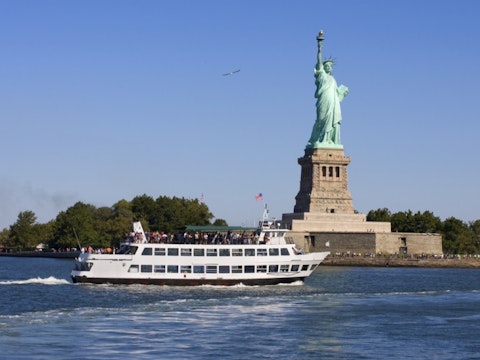
Vlad G/Shutterstock.com
1. Russia
Metal & ore reserves: $1.636 trillion
Oil reserves: $7.08 trillion
Natural gas reserves: $19 trillion
Timber reserves: $28.4 trillion
Total worth of natural resources: $77.336 trillion
It is only logical that the world’s largest country is tops the list of richest countries in the world by natural resources. Although many of its rich mineral deposits are located in some of the most inhospitable areas on the planet, Russia (like the Soviet Union previously) managed to tap them, yet there are still many undeveloped deposits. However, it is questionable whether economy mostly based on resource extraction can support the country much longer, especially in the light of recent sanctions.

maradon 333/Shutterstock.com
